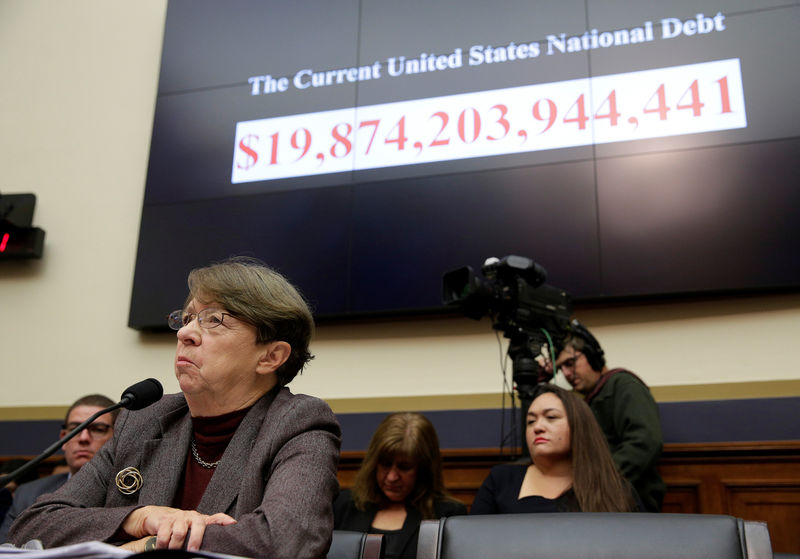By Sarah N. Lynch
WASHINGTON (Reuters) - U.S. Securities and Exchange Commission Chair Mary Jo White on Monday defied requests by Senate Republicans to delay adopting new rules on everything from derivatives to mutual funds until after President-elect Donald Trump takes office.
In a letter to the Senate Banking Committee's top two Republicans, Chairman Richard Shelby and Mike Crapo of Idaho, White stressed it was "incumbent" on the SEC to "exhibit a spirit of firm independence" in performing its regulatory duties "without fear or favor."
White's Dec. 12 letter, which was reviewed by Reuters, comes in response to a request last month by Shelby and Crapo for the SEC to cease adopting rules until after Trump had a chance to review the agency's agenda.
Republicans in Congress have been pressing agencies across the federal government to wind down their rulemaking activities. Trump has vowed to kill many regulations put on the books during the Obama administration, including the Dodd-Frank Wall Street reform law.
White, an independent, is slated to step down from her post at the end of Democratic President Barack Obama's term in January.
The Senate failed to confirm Obama's two nominees for vacant commissioner slots at the SEC before it recessed last week, which means that after White departs next month, the SEC will only be left with two commissioners - one Democrat and one Republican.
Even before she leaves, she could still fail to get the rules passed if she cannot get a quorum of commissioners to agree.
Trump has yet to announce a nominee for SEC chair, but many of the people working on his financial regulatory transition team, such as former SEC Commissioner Paul Atkins, have been highly critical of many of the SEC's rules and Dodd-Frank more broadly.
In White's letter on Monday, she provided Shelby and Crapo with a list of all the rules currently ready for a vote.
Among the rules on the list are derivatives reforms mandated by Dodd-Frank, such as capital and margin requirements for swap dealers, as well as a more controversial one that would limit how mutual funds and exchange-traded funds use derivatives to leverage returns.
The letter did not say when the SEC might vote on the rules. The agency could do it during an open meeting or behind closed doors. An SEC spokeswoman declined to comment on the timing.
"I am not insensitive to the issues raised by your letter and have carefully considered what impact, if any, the election should have on the current work of the Commission," White wrote.
She added that she had confirmed that the SEC "historically has proceeded with its work during comparable post-election periods."
In support of her position, White included footnotes in her letter citing prior statements by Republican SEC Commissioner Mike Piwowar, who is poised to become acting chair in January, in which he voiced support for completing new derivatives rules.
This is not the first time the SEC has faced criticism on efforts to complete rules before a change in leadership at the regulator.
In 2005, a federal appeals court sided with the U.S. Chamber of Commerce in a dispute with the SEC over controversial rules requiring the majority of mutual fund board directors to be independent.
The court sent the rule back to the SEC with a directive to consider its costs.
Then-SEC Chairman William Donaldson promptly scheduled a meeting and the SEC re-adopted it a day before his resignation, saying the rule would not be overly costly.
The rule was subsequently overturned a second time, and the court chided the SEC for failing to follow proper rulemaking procedures.
Even if White is successful in adopting final rules in the coming weeks, Congress may have a way to undo them when Trump takes office on Jan. 20.

By law, Congress can vote to reverse regulations within 60 legislative days of them becoming final - which could be easier to accomplish under a Republican-controlled Congress and White House.